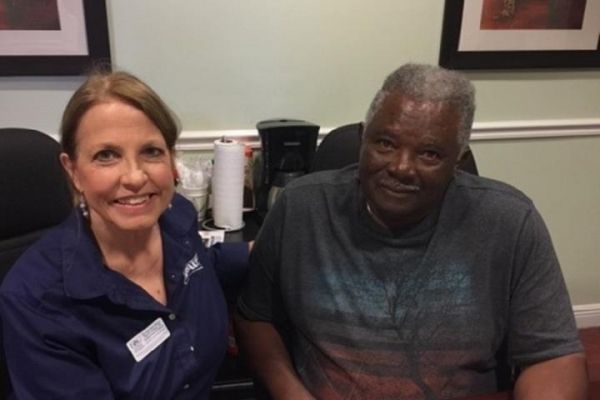Many older adults live in ethnically diverse rural settings where they face a higher burden of developing Alzheimer’s disease (AD) as well as delayed detection due to health inequities. Furthermore, cultural perceptions about aging could add to disparities in recognizing and treating AD in these populations.
According to the Alzheimer’s Association, the 400 percent increase in Medicaid/Medicare and out-of-pocket spending for AD care of $259 billion in 2017 highlights the need for preventive care, especially among higher-risk underserved rural groups.
Research targeting AD in rural populations has been scant, and many research reports have not distinguished between urban and rural participants. There is a critical need to assess AD knowledge in people living in rural areas in a way that matches their socioeconomic, educational and cultural needs.
Researchers from Florida Atlantic University’s Christine E. Lynn College of Nursing have addressed this need by developing a novel tool called the “Basic Knowledge of Alzheimer’s Disease” (BKAD). The survey consists of 32 items used to measure and assess AD knowledge in rural and underserved communities, based on topics related to symptoms, risk factors, screening, prevention, treatment and care.
Read more at Florida Atlantic University
Image: Lisa Kirk Wiese, Ph.D., senior author and an assistant professor in FAU's Christine E. Lynn College of Nursing pictured with a participant at one of the senior centers. Results of the study show that three-fourths of the participants knew that annual cognitive screening is recommended for older adults, but only one-fourth had been previously screened. Sociodemographic findings revealed that a majority of participants (86 percent) would partake in annual memory screenings if offered, regardless of their education or health literacy level. (Credit: Florida Atlantic University)


